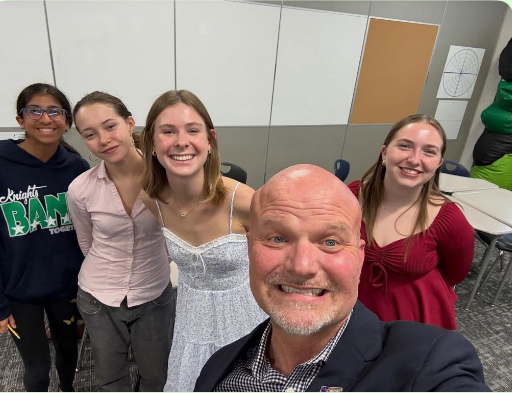Since its inauguration day, The White House leadership has focused on dismantling the United States Agency for International Development under the “Department of Government Efficiency” headed by Elon Musk. This decision is not merely a bureaucratic reorganization by the current administration; it represents what many have considered to be a dangerous retreat from America’s global leadership, with consequences that could jeopardize humanitarian stability worldwide.
USAID’s mission has been clear: to provide foreign aid in response to global humanitarian crises. Whether delivering food and medicine to war-torn regions or supporting democratic reforms, the agency has been the representation of American sympathy and pragmatism abroad. If President Trump decides to close the agency, nations facing humanitarian crises will lack resources to stabilize. This may lead to more unrest, conflict, and, inevitably, more displaced people seeking refuge in the United States — something President Trump has been trying to eradicate.
The United States has historically extended a hand to countries in need — understanding that supporting stability abroad prevents chaos from reaching the U.S.; refugees fleeing persecution and poverty don’t just disappear when the U.S. government refuses to help them — they seek refugees elsewhere, oftentimes undertaking dangerous journeys that put their lives at risk — not only could they end up being human trafficked, but corrupted to join dangerous organizations that threaten our national security. The ongoing instability in countries like Venezuela has driven millions of people to flee, with many seeking refuge in Colombia and the United States, overwhelming local infrastructure and social services.
Samantha Power, former USAID administrator during the Biden administration, warned that dismantling this agency would be a gift to autocrats around the world. “U.S.A.I.D. has become America’s superpower in a world defined by threats that cross borders and amid growing strategic competition,” Power said. Highlighting USAID’s work is enormous and offers hope to countries that are facing arduous conditions, promoting democratic ideals and human rights that authoritarian leaders find threatening.
The push to oversight government spending is understandable, the incumbent administration explains that USAID has “inefficiencies” that need to be addressed. Supporters of the shutdown contend that foreign aid should be restructured to ensure that taxpayer money is spent more effectively and directly benefits U.S. interests. They argue that private sector initiatives or international coalitions could take on more responsibility, reducing the financial burden on American taxpayers.
However, the cost of inaction could be bigger than the savings achieved by shuttering USAID. Foreign aid programs are evidence of American values, showcasing this nation as a source of hope and leadership. If the government takes away this role, this country might find itself dealing with the fallout of a more fractured and volatile world — one where democracy is not a thing.
Allowing Elon Musk to oversee the future of USAID is fundamentally considered undemocratic and antithetical to American leadership. Musk was not elected by the American people to make these decisions, and his business ambition approach appears to ignore the critical humanitarian and diplomatic role of U.S. foreign aid.







